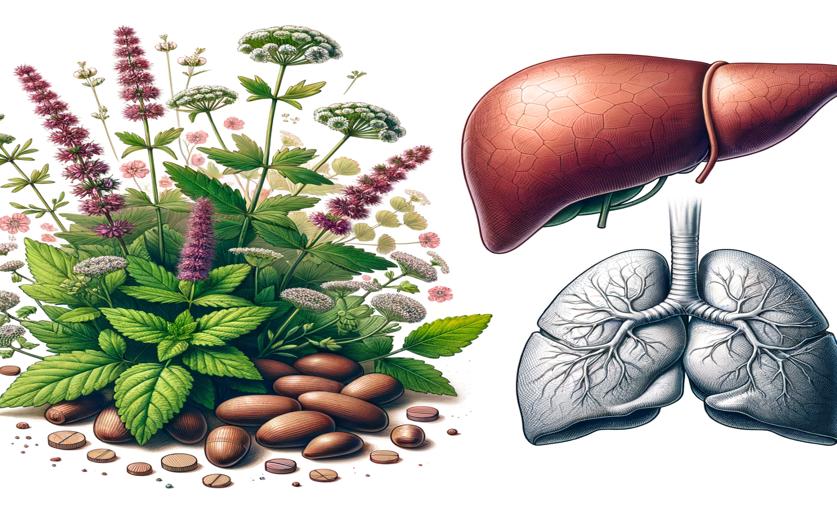
Dangers of Herbal Remedies on Liver Health in Ayush Medicine
Jim Crocker
22nd April, 2024

Image Source: Natural Science News, 2024
Key Findings
- Study from Rajagiri Hospital finds some Indian traditional herbs can harm the liver
- Herbs like Giloy and Ashwagandha may cause liver injuries, some leading to failure
- Calls for better regulation and education on the safe use of traditional medicines
References
Main Study
1) A comprehensive review on the hepatotoxicity of herbs used in the Indian (Ayush) systems of alternative medicine.
Published 19th April, 2024
https://doi.org/10.1097/MD.0000000000037903
Related Studies
2) A glimpse of Ayurveda - The forgotten history and principles of Indian traditional medicine.
3) Clinical outcomes, histopathological patterns, and chemical analysis of Ayurveda and herbal medicine associated with severe liver injury-A single-center experience from southern India.
4) Outcomes and Toxicology of Herbal Drugs in Alcoholic Hepatitis - A Single Center Experience from India.



 8th April, 2024 | Jenn Hoskins
8th April, 2024 | Jenn Hoskins